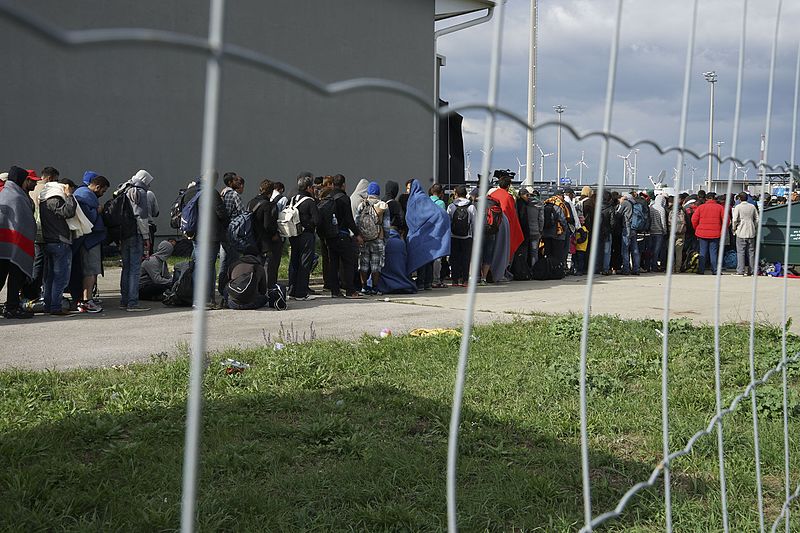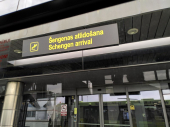
In response to a pivotal ruling last year allowing refugees to work more than 24 weeks, companies have flooded the state jobs agency UWV with over 1,500 requests for work permits this year,
according to UWV's annual report.
Previously, asylum seekers without residency permits were restricted to working no more than 24 weeks per year, a measure aimed at dissuading false hopes of obtaining refugee status. However, in April of last year, a court decision deemed this policy incompatible with European regulations, which advocate for asylum seekers' access to the job market to foster self-sufficiency and societal integration.
UWV chairman Maarten Camps indicated to Nu.nl that if the trend observed in the initial months of this year continues, the total number of requests for 2024 could reach 7,000—an exponential increase from the mere 2,000 permits requested in the entirety of last year.
Camps emphasized the significance of leveraging the skills of these individuals, many of whom possess valuable expertise. While most asylum seekers traditionally find employment in lower-skilled sectors like hospitality and cleaning, Camps stressed the importance of finding suitable positions that align with refugees' capabilities and aspirations, thus reducing reliance on labor migrants.
Furthermore, the Netherlands is witnessing a growing dependency on highly skilled workers from outside the EU. The issuance of work permits for non-EU workers surged to 26,000 in 2022—more than double the figure from six years prior—underscoring the country's evolving labor landscape and the critical role refugees can play in meeting workforce demands. Photo by Mstyslav Chernov, Wikimedia commons.








































